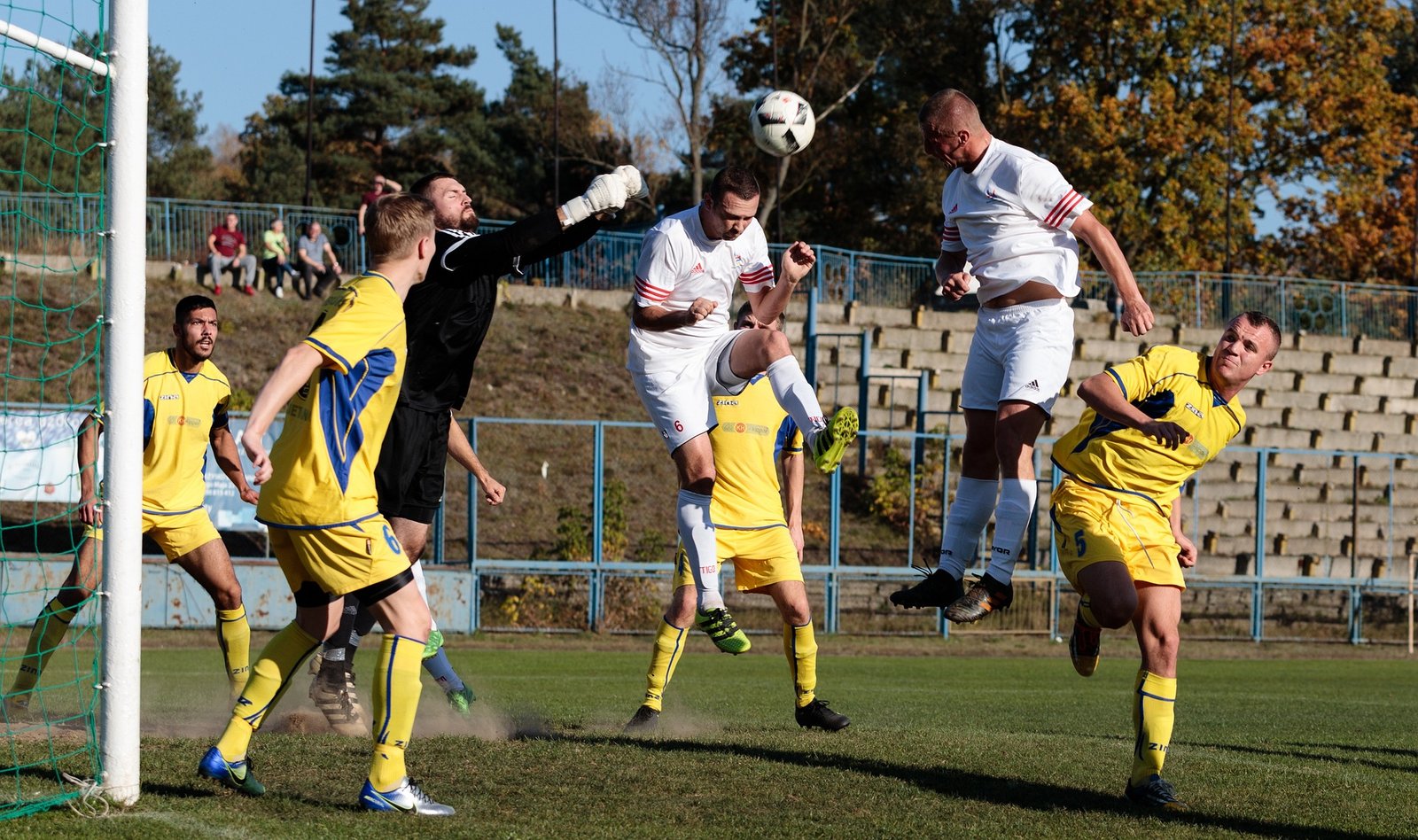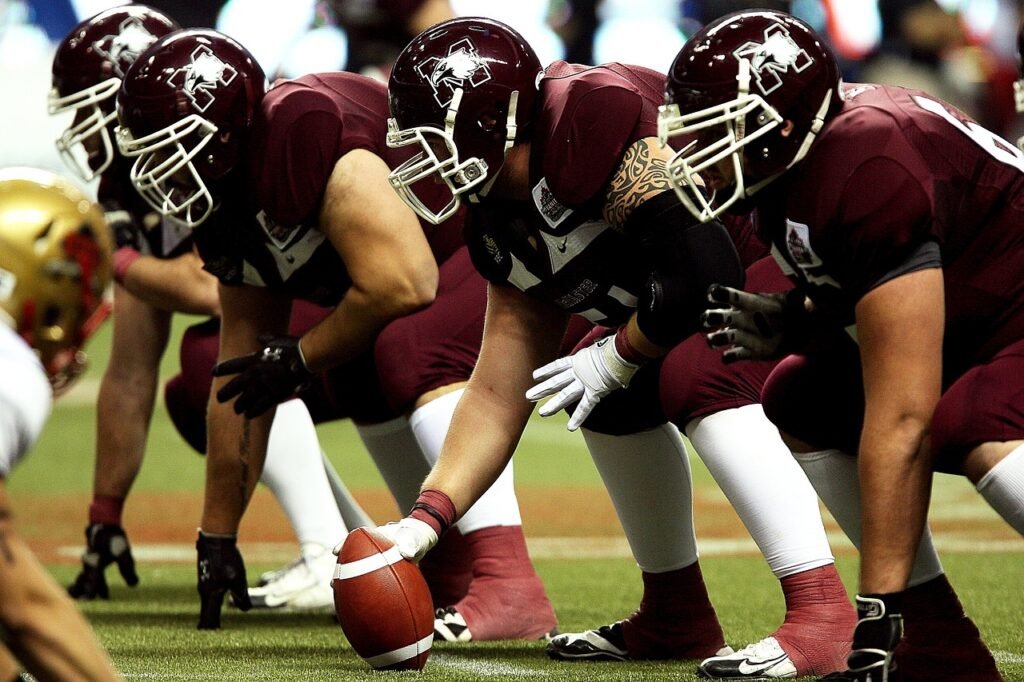The England national football team games has a long and storied history, marked by iconic matches, legendary players, and unforgettable moments. As one of the oldest and most respected teams in international football, the England squad has been involved in some of the most thrilling and dramatic games in the sport’s history. This blog post will explore the evolution of the team through its most significant matches, highlight the rivalries that have defined its journey, and examine how key players and managers have influenced its style of play.
History of the England National Football Team
The England national football team was formed in 1872, making it one of the oldest national teams in the world. The team’s early years were spent primarily in friendly matches, as international tournaments were yet to be established. England’s first match was against Scotland, which ended in a 0-0 draw and is recognized as the first official international football match.
Over the next several decades, England’s involvement in international competitions grew. The team participated in its first World Cup in 1950, although early performances were below expectations. It wasn’t until 1966 that England emerged as a global football power by winning the World Cup on home soil. This victory remains one of the defining moments in the history of England national football team games, cementing its legacy in the sport.
Since then, the team has participated in numerous World Cups and European Championships, experiencing both highs and lows. Although subsequent decades did not see a repeat of the 1966 success, England has consistently been a strong competitor, reaching semifinals and finals in recent tournaments.
Iconic Matches and Moments
1966 World Cup Victory
The pinnacle of the England national football team games is undoubtedly the 1966 World Cup final. Playing against West Germany at Wembley Stadium, England secured a 4-2 victory in extra time, thanks to Geoff Hurst’s hat-trick and Martin Peters’ crucial goal. This win was monumental, not only because it was England’s first (and only) World Cup triumph, but also because of the drama that unfolded during the match. Hurst’s controversial third goal, which some argued did not cross the line, remains a subject of debate to this day.
The 1966 victory represented England’s golden era and established icons such as Bobby Charlton and Bobby Moore as national heroes. The tactical prowess of manager Sir Alf Ramsey, who coined the “Wingless Wonders” formation, was key to the team’s success. This match defined England’s place in football history and is still celebrated as one of the greatest achievements in international football.
1986 World Cup: ‘Hand of God’ and the ‘Goal of the Century’
One of the most infamous England national football team games took place during the 1986 World Cup quarterfinal against Argentina. The match is best remembered for Diego Maradona’s two contrasting goals. The first, known as the “Hand of God,” saw Maradona use his hand to punch the ball into the net, an action that was missed by the referee. Just a few minutes later, Maradona scored what would later be called the “Goal of the Century,” dribbling past five English players before slotting the ball into the net.
This match highlighted both the brilliance and controversy of international football. England, led by Gary Lineker, was knocked out of the tournament, but Lineker’s six goals earned him the Golden Boot. The game’s legacy is one of heartbreak for England fans but also a reminder of the unpredictable nature of football.
Euro 1996: “Football’s Coming Home”
The Euro 1996 tournament, hosted by England, is another defining chapter in the history of England national football team games. With the tagline “Football’s Coming Home,” the nation rallied behind the team, which delivered some memorable performances. England, managed by Terry Venables, reached the semifinals, only to be defeated by Germany in a penalty shootout.
The tournament featured standout performances by players like Alan Shearer, who was the top scorer, and Paul Gascoigne, who scored a stunning goal against Scotland. The penalty miss by Gareth Southgate in the semifinal became a moment of immense disappointment, but the tournament as a whole rekindled national pride and passion for football.
Modern Era Matches: World Cup 2018 and Euro 2020
In recent years, the England national football team games have shown a resurgence in form and competitiveness. The 2018 World Cup in Russia saw England, under Gareth Southgate’s management, reach the semifinals for the first time since 1990. Key games included the penalty shootout win against Colombia and the 2-0 victory over Sweden in the quarterfinals. Although England eventually lost to Croatia in the semifinal, the team’s performance restored faith in the squad and heralded a new era of promise.
Similarly, the 2020 European Championship was a significant milestone. England reached the final, only to be defeated by Italy on penalties at Wembley. The campaign included notable victories against Germany and Denmark, with standout performances by young talents such as Bukayo Saka and Raheem Sterling. The final, which ended in heartbreak, nevertheless showcased the team’s potential and resilience.

Rivalries and Major Opponents
Rivalries have always been a key feature of England national football team games. Matches against certain opponents carry additional significance due to historical, cultural, or competitive factors.
Scotland: The Oldest Rivalry
The rivalry with Scotland is the oldest in international football, dating back to 1872. Known as the “Battle of Britain,” matches between England and Scotland are intense and fiercely contested, with national pride at stake. Although the rivalry has waned in recent years due to Scotland’s absence from major tournaments, it remains a highlight whenever the two teams face each other.
Germany: A Clash of Titans
England’s rivalry with Germany has produced some of the most memorable England national football team games. From the 1966 World Cup final to penalty shootout heartbreaks in 1990 and 1996, matches between these two teams are always high-stakes encounters. England’s victory over Germany in Euro 2020 was seen as a moment of redemption, breaking a long-standing spell of defeats.
Argentina: Controversy and Drama
The matches against Argentina, particularly in the World Cups of 1986 and 1998, have been filled with controversy and drama. The 1986 “Hand of God” match and the 1998 clash, which saw David Beckham sent off, are among the most talked-about England national football team games. The intensity and competitiveness of these encounters have solidified Argentina as one of England’s fiercest rivals.
Brazil and France: Modern Competitors
England’s matches against Brazil and France, though less frequent, are always highly anticipated. These games often involve clashes with footballing powerhouses and test England’s quality and tactical prowess on the international stage.
The Role of Players and Managers in Defining England’s Games
Key Players
Over the decades, many players have shaped the outcomes of England national football team games through their skill, leadership, and determination. Icons such as Bobby Charlton, Gary Lineker, David Beckham, and Wayne Rooney have been central figures in many key matches. More recently, players like Harry Kane and Jordan Henderson have emerged as leaders, contributing to England’s modern success.
- Bobby Charlton: Instrumental in the 1966 World Cup win, his goal-scoring ability and vision were key to England’s success.
- Gary Lineker: The top scorer in the 1986 World Cup, Lineker’s clinical finishing was a highlight during a challenging period for the team.
- David Beckham: Known for his free-kicks and leadership, Beckham’s performances, especially against Greece in 2001, are legendary.
- Wayne Rooney: England’s all-time top scorer, Rooney’s contributions in both World Cups and European Championships were vital.
Managers’ Influence
Managers such as Sir Alf Ramsey, Terry Venables, Sven-Göran Eriksson, and Gareth Southgate have all had a profound impact on England national football team games. Their tactical decisions, player selections, and ability to inspire have defined the team’s performances.
- Sir Alf Ramsey: Guided England to its greatest triumph in 1966.
- Gareth Southgate: Brought a sense of unity and tactical discipline, leading the team to a World Cup semifinal and a European Championship final.
Analyzing England’s Style of Play in Important Games
The style of play of the England national football team has evolved significantly over the years. Traditionally known for a physical, direct approach, England has adapted to a more possession-based and tactical style in recent years. This shift can be attributed to the influence of modern managers and the emergence of more technically skilled players.
In major tournaments, England’s tactics have often been influenced by the nature of the opponent. For example, against teams like Germany or Brazil, England has typically adopted a cautious, counter-attacking approach. In recent tournaments, Southgate’s team has emphasized ball control and structured build-up play, reflecting a more modern footballing philosophy.
Statistical Overview of England’s Games
The England national football team’s statistical record is impressive, particularly in competitive fixtures. The team has a strong home record, with Wembley often serving as a fortress. Key statistics include:
- World Cup Appearances: 16 times, with one victory in 1966.
- European Championship Appearances: 10 times, with a runner-up finish in 2020.
- Top Scorers: Wayne Rooney (53 goals), Harry Kane (50+ goals and counting).
- Key Victories: Memorable wins include the 4-1 victory over the Netherlands in Euro 1996 and the 5-1 win over Germany in 2001.
Future Outlook: Upcoming Games and Tournaments
The future of the England national football team looks bright, with a mix of experienced players and young talent. The team will be preparing for the upcoming World Cup and European Championship qualifiers, with a focus on building a squad capable of challenging for titles.
Key players to watch include Jude Bellingham, Phil Foden, and Declan Rice, who represent the next generation of English talent. With Gareth Southgate at the helm, England’s prospects in future tournaments are promising.
Conclusion
The history of the England national football team games is a tapestry of triumphs, heartbreaks, and iconic moments. From the glory of 1966 to the modern era’s near-misses, the team’s journey reflects the passion and dedication of English football. As the team continues to evolve and compete at the highest level, fans can look forward to more unforgettable games and perhaps, a return to the summit of international football.






